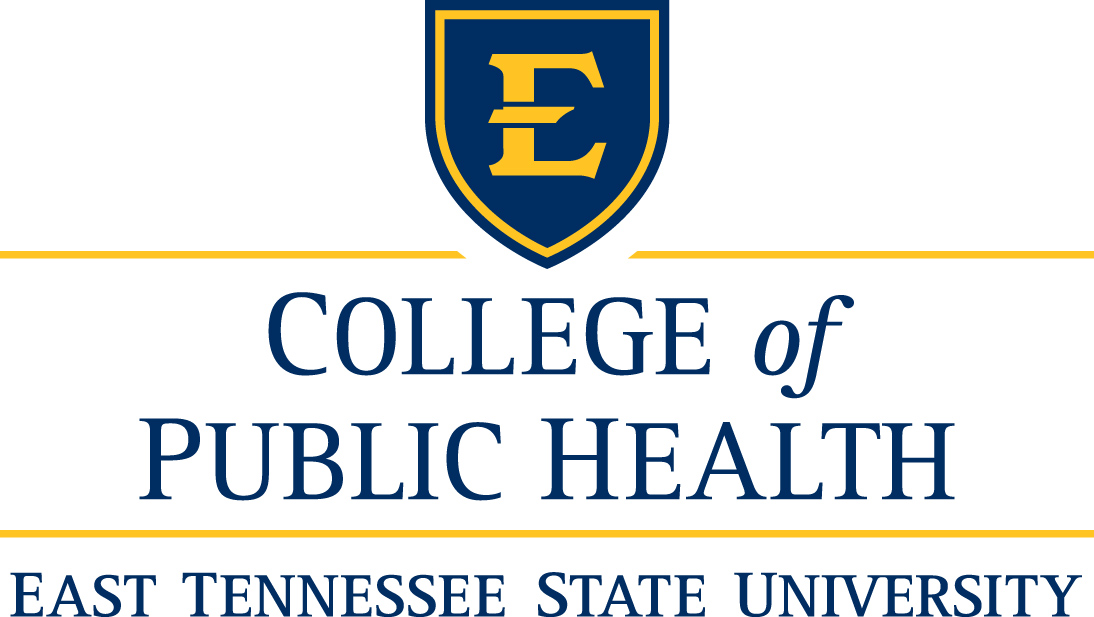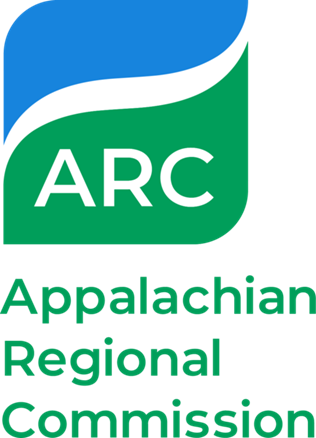Author Area of Expertise
Amie Ashcraft - emergency contraception, rural health, rural women's health, sex education, mystery caller studies, rural sex trafficking
Sarah Dotosn - contraception, emergency contraception, obstetrics, gynecology, abortion, rural women's health
Sara Farjo - adolescent health, contraception,emergency contracpetion, student health, rural health
Courtney S. Pilkerton - geographic information system (GIS) mapping, family medicine, women's health, contraception, prevention, wellness
Pamela Murray - adolescent health; reproductive health; contraception; sexual health prevention intervention; emergency contraception; rural health; women's health
Abstract
The removal of federal abortion protection has incited fear that restrictions on contraception may be next. Many states now imposing abortion restrictions and bans are in the South and Appalachian Regions of the U.S., where rates of unplanned pregnancy and poor health outcomes are already disproportionately high. Numerous studies have documented variable access to levonorgestrel EC (LNG EC) in community pharmacies, with particularly low rates of access at independent pharmacies that are more likely to be located in rural communities than chain pharmacies. Since the overturn of Roe v. Wade, some large chain pharmacies and online retailers are restricting the purchase of LNG EC, limiting its availability. Some legislators and activists are calling for a ban on EC based on a misunderstanding about its mechanism of action, equating it with abortion. At a time when access to the full range of contraceptive options is more critical than ever, already limited access to LNG EC is worsening. Extensive data on LNG EC availability in 509 pharmacies and 400 health clinics across West Virginia, contextualized with socioeconomic demographics, illustrate existing disparities in LNG EC access.
DOI
https://doi.org/10.13023/jah.0501.02
Creative Commons License

This work is licensed under a Creative Commons Attribution 4.0 License.
Recommended Citation
Ashcraft AM, Dotson S, Farjo S, Pilkerton CS, Murray PJ. Rural Appalachian women will suffer disproportionately if attempts to further restrict emergency contraception are successful. J Appalach Health 2023;5(1):6–21. DOI: https://doi.org/10.12023/jah.0501.02.





Social Media Links